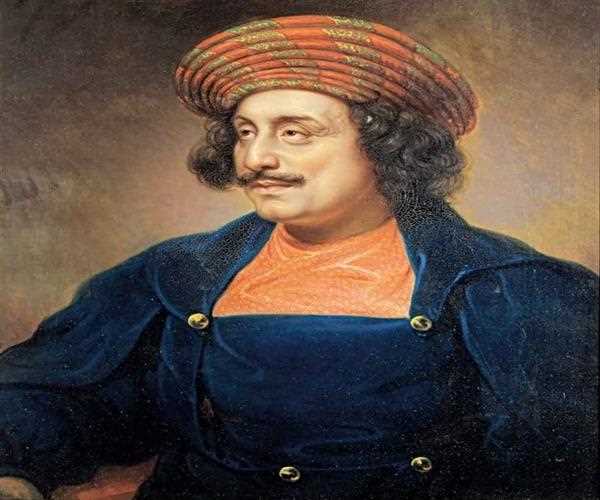Born in 1772, Raja Ram Mohan Roy is known as the Father of the Indian Renaissance for his immense support of India's social, religious, and educational reforms. At the time, Indian society was torn between primitive traditions and conservatism, and Raja Ram Mohan Roy stood before the people as a progressive reformist, an apostle of change. He contributed to its development by fighting for changes to create a truly progressive and rational society.
Some of his major achievements included stating against the practice of sati, burning of widows on the cremation grounds of their husbands. This is one oddity that Raja Ram Mohan Roy stood steadfast against, he reasoned, and petitioned against this brutal occurrence though to no avail. It is on record that his endeavor directly shaped the results of the clamor for the ban on sati by the British government in 1829.
In the sphere of religion Raja Ram Mohan Roy aimed at eradicating those customs which he regarded as carrying on the policy of gender injustice, and superstitious beliefs. He founded Brahmo Samaj in 1828 with a view to spread oneness of God, and liberalism of morality. The organization denied the worship of statues/ icons, caste system and practices which the rational mind could not follow. According to Roy, the achievement of these reforms would make Indian society more just and democratic thus subverting the conventional order of his era.

Raja Ram Mohan Roy transformed education and contributed to this institution. He supported the Western education system in India and wanted to develop Indian students' knowledge of science, Mathematics, and philosophy. He favoured using the English language as a medium of instruction to develop means of accessing contemporary knowledge, which would serve the purposes of modernizing India.
Raja Ram Mohan Roy’s reforms involved renouncing some customs with long precedents and establishing the principles for constructing a society based on reason, equality, and progression. His work forms an important part of the foundation that India has set on the path to modernization, and as such, his contributions are permanent and carry great weight.
Conclusion
In conclusion, by celebrating the birthday of Raja Ram Mohan Roy one should understand that this man had a big impact on the formation of the Modern Indian Society. His strong determination to combat social ill missionaries, change religious beliefs and grounds for initiating educational change became part of India's transformation into a progressive rational nation. As much as his rhetoric was applied to the particulars of his own nation’s condition, he ensured that there was solid ground to be paved by future visionaries of reform. He is still remembered as the father of Indian renaissance and the vision and growth of his country, India.